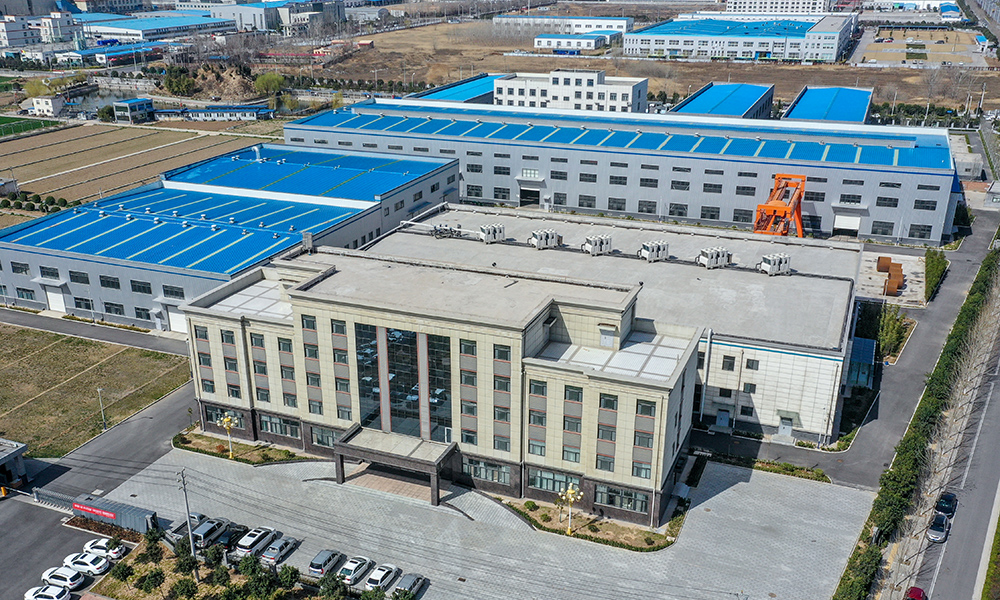-
Q: Can your oil production lines be customized to specific raw materials?
-
Absolutely. Our oil production plants are fully customizable to accommodate a wide range of feedstocks, including soybean, corn, peanut, sunflower seed, rice bran, palm kernel, cottonseed, avocado, animal fats, UCO, POME, and more. We tailor each oil production line to match the unique processing characteristics of your raw materials, ensuring optimal efficiency and oil yield.
-
-
Q: Do you support overseas installation guidance?
-
Absolutely! We provide installation guidance, commissioning support, and operator training to ensure smooth project execution and reliable plant performance.
-
-
Q: What is the production capacity range of your oil production lines?
-
We offer flexible capacity solutions, from 30 TPD to over 5000 TPD, depending on client needs and project scale.
-

Global Oil Production Lines Provider
Zhengzhou Ocean Oil Engineering Co., Ltd. is a world’s leading solutions and services provider in oils and fats processing technology. We provide equipment, turnkey solutions and services tailored to the specific requirements of our customers, including research & development, design, manufacturing, installation, commissioning and after-sales services. We are specialized in the design and manufacturing of plants for oilseed preparation, extraction, refining, fractionation, dewaxing, waste oil recycling, animal fats, biodiesel, value-added oil and fats processing, fermentation and plant-based proteins.
20
Years of R&D and
Project experiences
200+
Employees
4
Manufacturing Facilities
300+
Projects delivered successfully
30+
Countries sold worldwide
Ocean’s Classic Customized Turnkey Solutions
-
Cocoa Butter Equivalent (CBE)
-
Specialty Fats
-
Reduced-Calorie Fats
-
Vitamin E
-
Carotenoids
-
Phytosterols
-
Pollution-Free Utilization of Soapstock from Oil Refining
-
Purification and Utilization of Steroids and Fatty Acids
-
Refining of Waste Oil for Biodiesel Production
-
High-Acid Value Waste Oil Neutralization for Biodiesel
-
Hydrotreatment Technology for Producing Sustainable Aviation Fuel (SAF) from Waste Oil
Choose Ocean as Your Oil Production Lines Partner
Expertise Technical Team
Ocean has a professional R&D team including 85 experienced technical engineers. Over 20 years, we have obtained over 70 patents and rich experience in oil production lines. We are confident to offer an oil turnkey solution tailored to your needs.
Quality Assurance
Qualified for ISO 9001 and CE certifications, we uphold rigorous quality control at every oil production line. We test every component and system for long-term reliability, safety, and efficiency. Ocean adheres to international standards, guaranteeing stable and reliable solutions for customers worldwide.
Reliable After-Sales Commitment
We believe that long-term equipment performance depends on proactive care and timely intervention. Ocean offers regular maintenance and remote technical support to prevent unexpected downtime. With reliable access to spare parts and ongoing performance checks, we ensure your oil production plant stays efficient and productive.
hot products
OCEAN Clients
Ocean has built oil and fat processing production lines for over 300 clients worldwide.
CASES
More >450TPDOilRefiningProject.jpg?x-oss-process=image/resize)



Frequently Asked Questions
-
Q: Do you offer energy-saving solutions?
-
Yes, we provide cutting-edge, energy-saving oils and fats turnkey solutions, including our proprietary technologies such as:
·Freezing-Vacuum Deodorization Technology
·Waste Heat Recovery Technology
·Water Wash Recycling Technology
·Pre-Decolorization & Re-Decolorization Process
·Water-Free Soap Removal Technology
Through these in-house developed, industry-leading innovations, we help clients maximize energy efficiency, reduce consumption, and deliver higher economic value and ROI.
-
-
Q: Besides oil production lines, what other solutions does Ocean provide?
-
Ocean provides a diverse portfolio of industrial solutions beyond traditional edible oil production lines. These include technologies for plant-based protein processing, fermentation processing, biodiesel production line, phospholipid processing, Vitamin E purification, wax purification, pollution-free soapstock processing, UCO treatment, POME treatment, etc. By combining these capabilities, Ocean helps clients build modern, highly automated facilities that meet the evolving needs of the food, agricultural, and bio-industrial sectors.
-
-
Q: Do your oil production lines support integrated automation control systems?
-
Ocean’s oil production lines are equipped with advanced automatic control systems developed in-house, enabling automation of key processes including raw material metering, temperature and pressure control, extraction, refining, and storage tank monitoring.
-
Ocean provides turnkey solutions and equipment for oil preparation, pressing, extraction, refining, fractionation,
animal fats, biodiesel, protein, fermentation etc.
.png)















